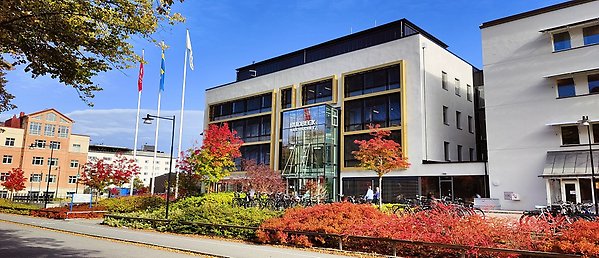SciLifeLab The Svedberg seminar: Ehab Abouheif
May 24 @ 15:15 – 16:30 CEST
Prof. Ehab Abouheif
Department of Biology, McGill University, Canada
Abouheif received a PhD in Biology from Duke University in 2002, and from 2002 to 2004, he completed his postdoctoral studies at the University of Chicago and at the University of California, Berkeley. In 2004 Abouheif was appointed Assistant Professorship at McGill University as Canada Research Chair (tier 2) in Evolutionary Developmental Biology. Currently, he is a James McGill Professor in the Department of Biology at McGill University. He is a pioneer of eco-evo-devo, a field that integrates the concepts and technical tools of ecology, evolutionary, and developmental biology. Abouheif focuses on ant societies to understand the origins and evolution of complex biological systems. He served as founding President of the Pan-American Society for Evolutionary Developmental Biology and is currently Editor-in-Chief of JEZ-B: Molecular and Developmental Evolution, one of the main journals in his field.
Darwin’s invisible ink: The storage and release of ancestral genetic potential in complex biological systems
Ancestral and dormant genetic potentials exist in all animals, as reflected by the sporadic appearance of ancestral traits in individuals that normally should not have them, such as teeth in a chicken or hindlimbs in a whale. Such individuals are traditionally thought to be “freaks” that contribute little to the evolutionary process. Abouheif’s lab, using supersoldier ants as their model, has changed this traditional view by demonstrating that evolution can harness dormant genetic potentials after they have been released by certain environmental triggers. His lab also demonstrated that rudimentary organs, like the human appendix, are not functionless. Rather, they can play key regulatory functions during development and store this ancestral genetic potential over millions of years. These discoveries open up future possibilities for harnessing dormant genetic potentials to advance medicine, biodiversity conservation, and animal/plant breeding.
Host: Arild Husby
Read more about Ehab Abouheif´s research

